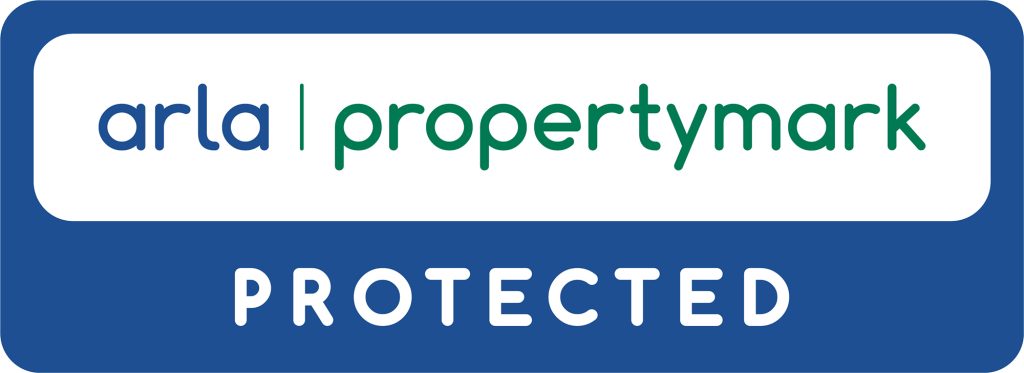Renters Rights Act 2025
Key Changes & Implementation Timeline
Phase 1: Starting 1 May 2026
| Change | Details |
|---|---|
| 1. Section 21 ‘No-Fault’ Evictions Abolished |
• Landlords will no longer be able to use Section 21 of the Housing Act 1988 • All evictions must be through Section 8 using valid, specified grounds |
| 2. Introduction of Assured Periodic Tenancies |
• All new and most existing tenancies will automatically become Assured Periodic Tenancies • Tenants can stay indefinitely unless a landlord uses a valid Section 8 ground • Tenants can leave with two months’ notice |
| 3. Reformed Possession Grounds |
Eviction will only be allowed when landlords have a legitimate, evidenced reason. Grounds will be strengthened for: • Serious anti-social behaviour • Serious or repeated rent arrears |
| 4. Rent Increases Limited to Once Per Year | Landlords must follow the revised Section 13 process, giving tenants two months’ notice before any rent increase. |
| 5. Rental Bidding and Excess Rent in Advance Banned |
Letting agents and landlords cannot: • Encourage or accept bids above the advertised rent • Ask for more than one month’s rent in advance |
| 6. Ban on Discrimination Against Families & Benefit Claimants |
It will be illegal to disadvantage renters because they: • Have children • Receive benefits This includes refusing viewings, withholding information, or declining applications. |
| 7. Pet-Friendly Rule: Landlords Must Consider Requests | Landlords must respond to pet requests within 28 days, providing valid reasons if refusing. |
| 8. Stronger Local Council Enforcement & Rent Repayment Orders |
New measures include: • Expanded civil penalties • Mandatory enforcement reporting • Rent repayment orders extended to superior landlords • Maximum penalties doubled |
|
9. Additional Enforcement Powers (From 27 December 2025) |
Councils gain new investigatory powers allowing them to: • Inspect properties • Request documents • Access third-party data |
Phase 2: From Late 2026 – PRS Database & Ombudsman
Stage 1: PRS Database Rollout
| Registration Requirements |
All private landlords will be required to register, pay an annual fee, and provide key information for each property, including: • Contact details for all landlords • Full property details (address, type, occupancy, furnishings) • Safety certificates (Gas, Electrical, EPC) |
Stage 2: Public Access + PRS Landlord Ombudsman
| Component | Details |
|---|---|
| Database Access |
Once registration is live: • Public access and data sharing will be activated |
| PRS Landlord Ombudsman |
The new mandatory PRS Landlord Ombudsman will launch. The Ombudsman will: • Provide redress for tenants • Support landlords with guidance and training • Operate on a fair, proportionate fee model |
| Implementation Timeline |
Stage 1: Scheme administrator appointed 12–18 months before launch Stage 2: Landlord membership becomes mandatory (expected 2028) |
Phase 3: Decent Homes Standard for the PRS (2035–2037, subject to consultation)
| Standard | Details |
|---|---|
| Decent Homes Standard (DHS) |
• A new Decent Homes Standard (DHS) will apply to all PRS properties for the first time • This will introduce minimum housing quality standards and give councils stronger enforcement powers The government is currently reviewing consultation feedback and will confirm: • Final DHS requirements • Implementation timeline |
|
Energy Efficiency (EPC C by 2030) |
Government proposals require all PRS properties to meet EPC C or equivalent by 2030, unless exempt. |
| Housing Health & Safety Rating System (HHSRS) Update | A full review of the HHSRS will be implemented as part of the DHS rollout. |
| Awaab’s Law Extended to the PRS |
• PRS landlords will have legally enforced deadlines to resolve serious hazards • Further consultation will confirm timeframes |
Secondary Legislation & Supporting Regulations
| Upcoming Regulations |
The government will pass additional regulations to complete the rollout, including: • Commencement regulations for abolishing Section 21 • Rules setting out the information landlords must provide tenants • Exemptions (e.g., Purpose-Built Student Accommodation) A full statutory instrument programme will be published in Annex B. |
Tenancy Agreement Rules
| Tenancy Type | Requirements |
|---|---|
|
New Tenancies (From 1 May 2026) |
• Landlords must supply key information in writing, likely via the tenancy agreement • Draft templates will be available in January 2026 |
|
Existing Tenancies (Pre-May 2026) |
• Written tenancy agreements do not need to be replaced • Landlords must provide the official Information Sheet by 31 May 2026 • Tenancies agreed verbally will require a written summary of terms |




